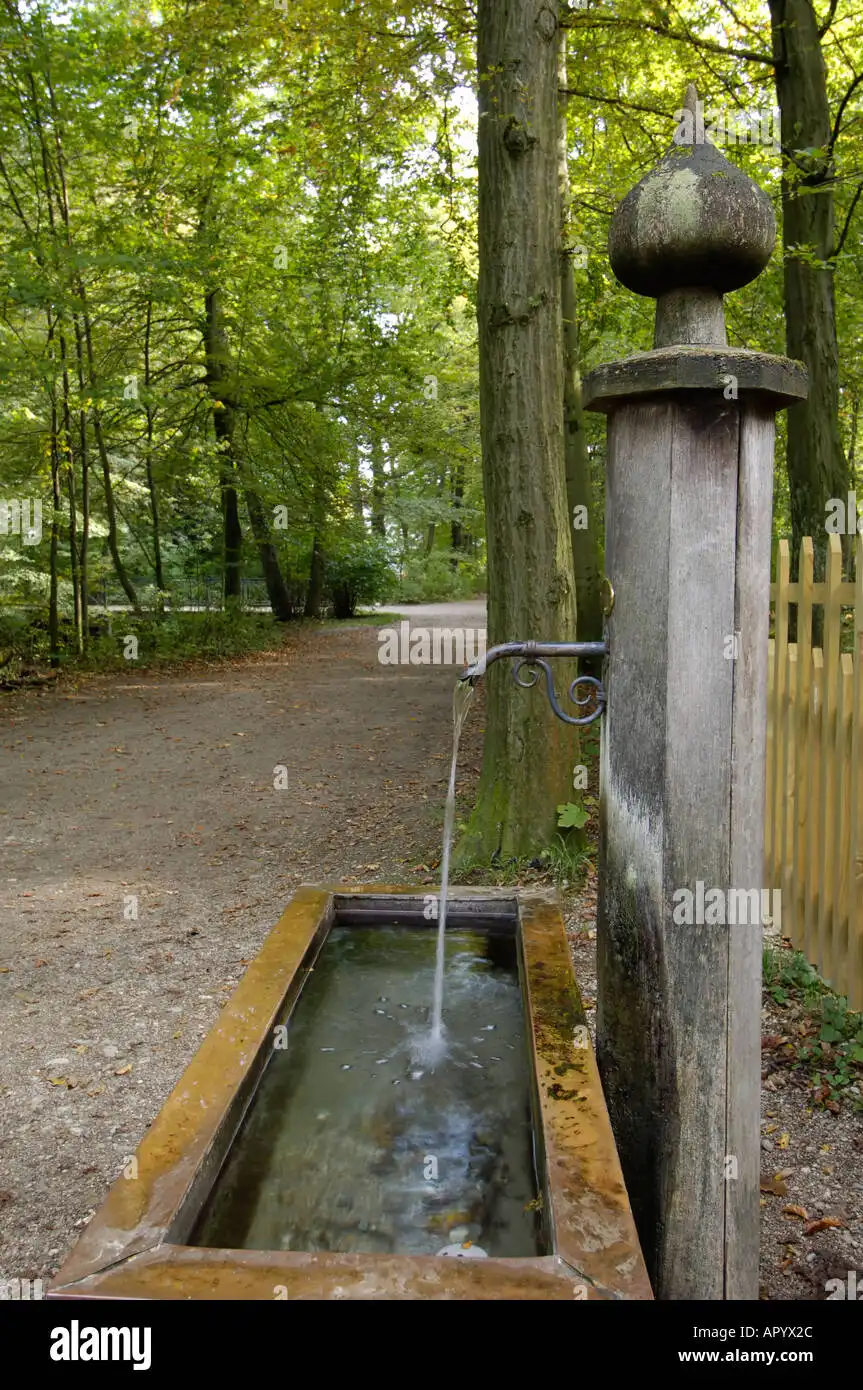Tap Water in Munich: Is It Safe?
Yes, you can confidently drink the tap water in Munich. It is sourced from the pristine Alpine foothills of Bavaria and is subject to Germany’s stringent water quality regulations, which ensure it meets high safety standards. Munich’s tap water is renowned for its quality, consistently ranking among the best in Europe.
Where Does Munich’s Water Come From?
The water in Munich primarily flows from the scenic Alpine regions, particularly the Mangfalltal and Loisachtal valleys. These areas provide a reliable supply of clean water, which is then transported to the city through a complex network of pipelines. Approximately 60% of the city’s water supply is drawn from underground aquifers, while the remaining 40% comes from surface water sources, which undergo thorough purification at one of Munich’s four treatment plants.
Is Munich’s Tap Water Clean?
Absolutely! The tap water in Munich is not only clean but often considered superior to many bottled waters. It undergoes daily testing by the Munich water supplier, M-Wasser, to ensure its cleanliness and safety. The low levels of bacteria in the source water mean that it requires less chlorine treatment than in many other European cities, contributing to its fresh taste.
What Do Locals Think?
While the quality of Munich’s tap water is high, many locals still prefer bottled water. This preference is influenced more by cultural habits than by concerns over quality. The German term for tap water, Leitungswasser, translates to “plumbing water,” which some people associate with inferior quality. Hence, when dining out, it’s common for patrons to opt for sparkling mineral water instead.
Why Do Many Germans Prefer Bottled Water?
There are several reasons why bottled water remains popular among the locals:
- Preference for Sparkling Water: Many Germans enjoy carbonated drinks, and sparkling water is often seen as more appealing than still water.
- Taste and Hardness: The water in Munich is known for its hardness, which some people find less palatable. This hardness can lead to limescale buildup in appliances, further encouraging the purchase of bottled alternatives.
- Convenience: In public settings, it may be easier to buy bottled water than to seek out tap water sources, particularly when on the go.
Are There Public Drinking Fountains?
Yes, Munich has numerous public drinking fountains where you can refill your water bottle. These fountains are connected to the city’s drinking water system and meet the same quality standards. However, not all fountains are designated as drinking fountains, so it’s best to look for those marked as such.
Testing Your Tap Water
If you have any concerns about the quality of tap water in your home, you can have it tested at various laboratories. However, for most residents and visitors, the water quality in Munich is well within safe limits. Regular testing ensures that the water remains clean and free from harmful contaminants.
Should Tourists Drink Tap Water?
Definitely! Tourists can safely drink the tap water in Munich. There is no evidence to suggest that consuming tap water poses any greater health risk than drinking bottled water. In fact, bottled waters can sometimes contain microplastics and other contaminants that may not be present in tap water.
Do You Need a Water Filter?
While tap water in Munich is generally safe, some people choose to use water filters as an extra precaution. These filters can help remove any potential contaminants that may come from old pipes or plumbing systems. The cost of a quality water filter can be quite reasonable, typically around €60 per year, providing peace of mind for those who prefer it.
Buying Bottled Water in Munich
Though tap water is excellent, many people still buy bottled water. In supermarkets, you can find a vast array of sparkling and still mineral waters, with prices varying based on brand and mineral content. However, the environmental impact of bottled water, particularly regarding plastic waste, is significant.
Ordering Water in Restaurants
When dining out in Munich, it’s important to note that ordering tap water is not as common as in some other countries. Wait staff will typically offer bottled water instead. If you prefer tap water, don’t hesitate to ask for Leitungswasser, but be aware that it may not always be served for free.
The Hardness of Munich’s Tap Water
The water hardness in Munich is around 16 °dH, which is considered hard. This level of hardness is due to the high mineral content, particularly calcium and magnesium. While some people may not enjoy the taste of hard water, others appreciate the health benefits associated with its mineral content.
Conclusion
In summary, Munich’s tap water is safe to drink and is often regarded as some of the best in Europe. While many locals choose bottled water for various reasons, tourists can confidently enjoy the crisp, fresh taste of tap water without worry. By opting for tap water over bottled alternatives, you can save money while also making an environmentally friendly choice.
